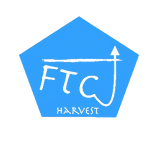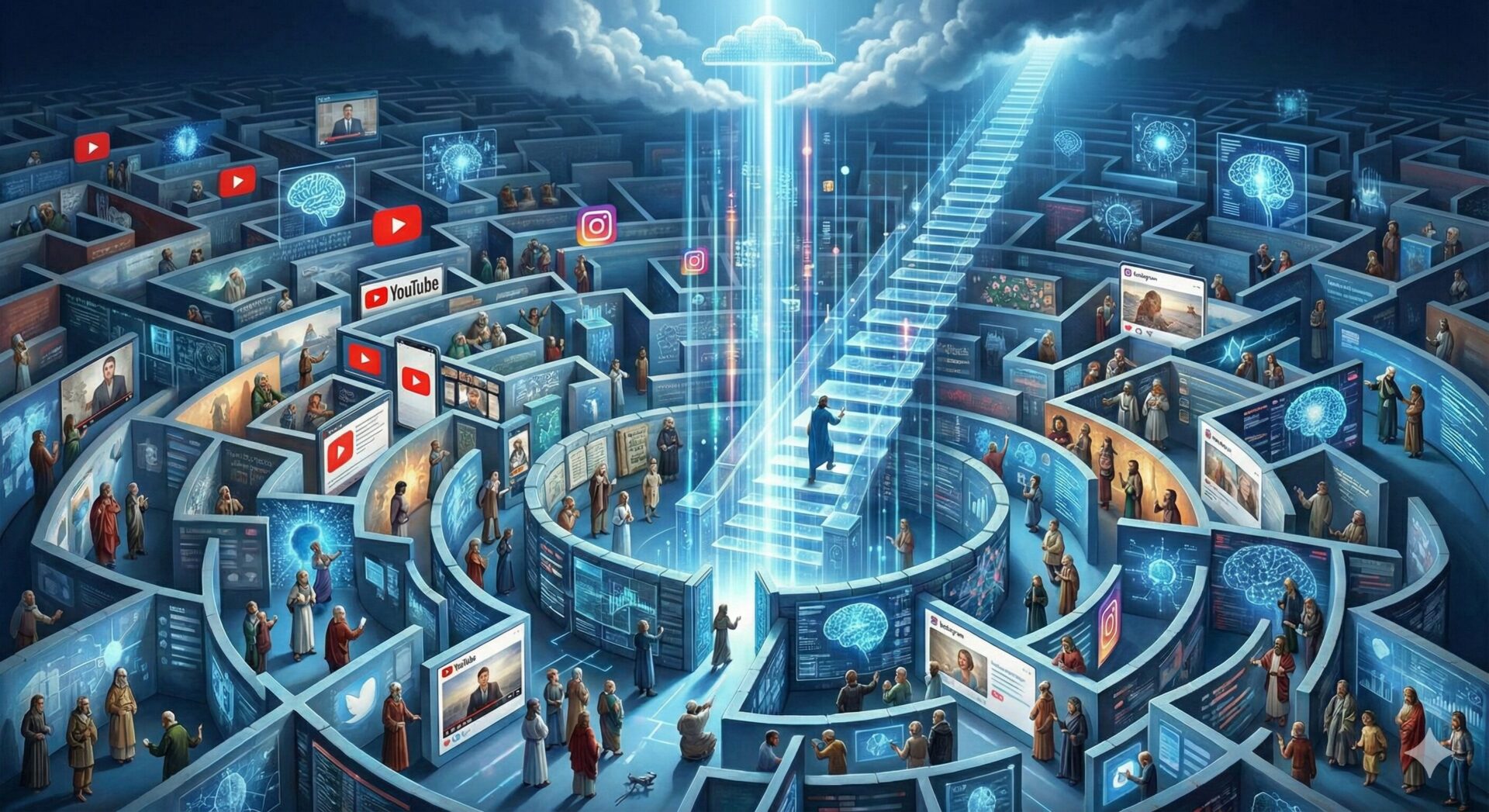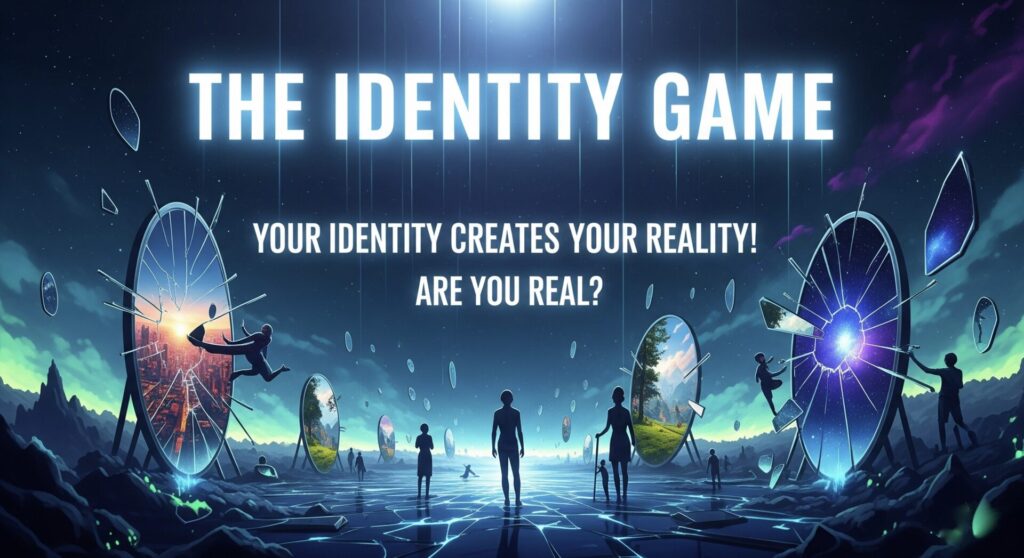Our Location
Strachówka, Poland, Europe
Strachówka, Poland, Europe

Earth’s Harvest Generation

Earth’s Harvest Generation

The Apocalypse Paradigm
Destruction
Do you carry a real human seed—or just darkness and emptiness?
5 STEPS PROCESS
Describe five or more of the most noble, imaginative, idealistic, and exciting traits of your character. You may not be fully aware of these or might keep them hidden.
Dive deep into your heart.
Ask yourself this question: What is more valuable to you—your mediocre, mortal self (Step 1) or your immortal Higher Self, which is your true human seed of a future Christ Self (Steps 2–4)?
One more thing—answer this: Does life have something more to offer you than your current reality?
If not—we cannot help you. If your answer is “yes” (even if that YES is faint and unclear), it may mean that you have a seed of a true Self within you. That seed must grow into a Christ Self during the coming Apocalypse / Harvest. There are two Apocalypses, not one. Watch the video below.
Your identity creates your reality and destiny! 🔗JOIN THE EARTH’S HARVEST, OR PERISH!
© 2026 by Robert Wyszyński | 1/3 Human Fruit | FTC Harvest Founder

Your life is a prison built from borrowed words and inherited ideas.